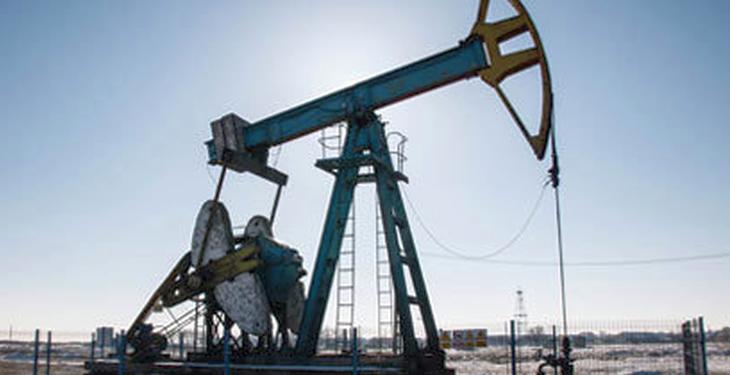The Romanian Petroleum Exploration and Production Companies Association (ROPEPCA) comes back to the public attention on the negative consequences that provisions of Government Emergency Ordinance no. 114/2018 (OUG 114/2018) will have on the entire economy and the natural gas production sector in Romania. ROPEPCA also announces that several independent impact studies are carried out for each affected sector, and all results will be made available as soon as they are completed.
The new fiscal framework cuts state revenues
ROPEPCA believes that the new regulations will lead to a double loss for both the petroleum sector and the state budget. Our members expect a decrease in tax paid to the state budget ranging between 30% and 60%, depending on each company’s business model.
Assuming a price of 90 lei/MWh (BRM average for transactions with delivery in November 2018) and total gas production in Romania (not only ROPEPCA members), the state budget direct losses will amount to at least 2 billion lei per year (coming from the tax on supplementary incomes resulted from the liberalization of the gas market, royalties and profit tax), without taking into account dividends from state participations in gas producing companies as well as VAT for final household consumers and not including additional losses due to reduction of investments, revisions of staff policies, decrease in gas production and corresponding indirect and induced negative economic impact. ROPEPCA members alone have contributed with more than 22 billion lei to the state budget in the last four years, points out the press release.
The new fiscal framework cuts investment by half
The regulated price risks to cut up to 50% of the available funds for investment in gas projects. Companies that depend on external financing for carrying out production and exploration projects have already lost their current financing and are in danger of closing down in case no new investors in their business is found. In general, future investments are significantly impacted by the measures imposed, with projects having only marginal profitability or even worse. As a consequence of OUG 114/2018, ROPEPCA estimates a reduction of up to 50% in the near term in exploration and development projects. The press release also states that ROPEPCA members have invested more than 16.5 billion lei in Romania in the last 4 years.
The new fiscal framework encourages imports, against domestic production
“All gas producing fields operated by our members will be evaluated, in view of deciding about shutting in wells and abandoning gas fields”, says ROPEPCA. The field life of some marginal fields is heavily impacted and will force companies to abandon them earlier than planned. Apart from that, companies conducting exploration activities have already deferred or cancelled up to 50% of the wells planned to be drilled in the near future and this percentage will surely increase in the mid to long term due to the provisions of OUG 114/2018. It must be stressed out that any cubic meter of gas not produced any more in Romania, as some fields become uneconomical in such conditions, will need to be imported at a price considerably higher from external sources.
More jobs at risk
As a consequence, the negative effect of OUG 114/2018 will be felt by thousands of employees in the energy sector, who are already confronted with job insecurity. Due to the reduction of drilling activities and other reduction of investments, all ROPEPCA members have initiated a hire freeze for the current period. The early shut down of producing gas fields will have a high impact on specialized employees in the oil and gas sector. Some operators have signaled a staff reduction of up to 75% in the near future. Hence, many industry professionals, highly specialized, are looking for alternative employment offers in safer projects in other countries. We recall that only ROPEPCA members maintain 14,000 jobs annually, with the entire industry employing 26,000 people directly and creating opportunities for another 20,000 jobs.
The measures introduced overnight are breaching legal provisions in force
Introducing changes to the regulatory framework, after the annual and multiannual budgets of companies have already been approved, has created strong confusion among investors and has led to the need for urgent revision of all operational and development plans. Reliable and stable legislation is key prerequisite for all market players in the sector and therefore authorities should strive for long-term predictability.
“In addition to the negative effects outlined above, we cannot but notice that not only companies have been taken by surprise. At the moment, there is a deep lack of understanding of how the provisions will be implemented. The National Authority for Energy Regulation (ANRE), responsible in implementing the adopted measures, will need to integrate them in an extremely short time into the legislative framework, while the Ordinance introduces many inconsistencies with provisions in force.”
